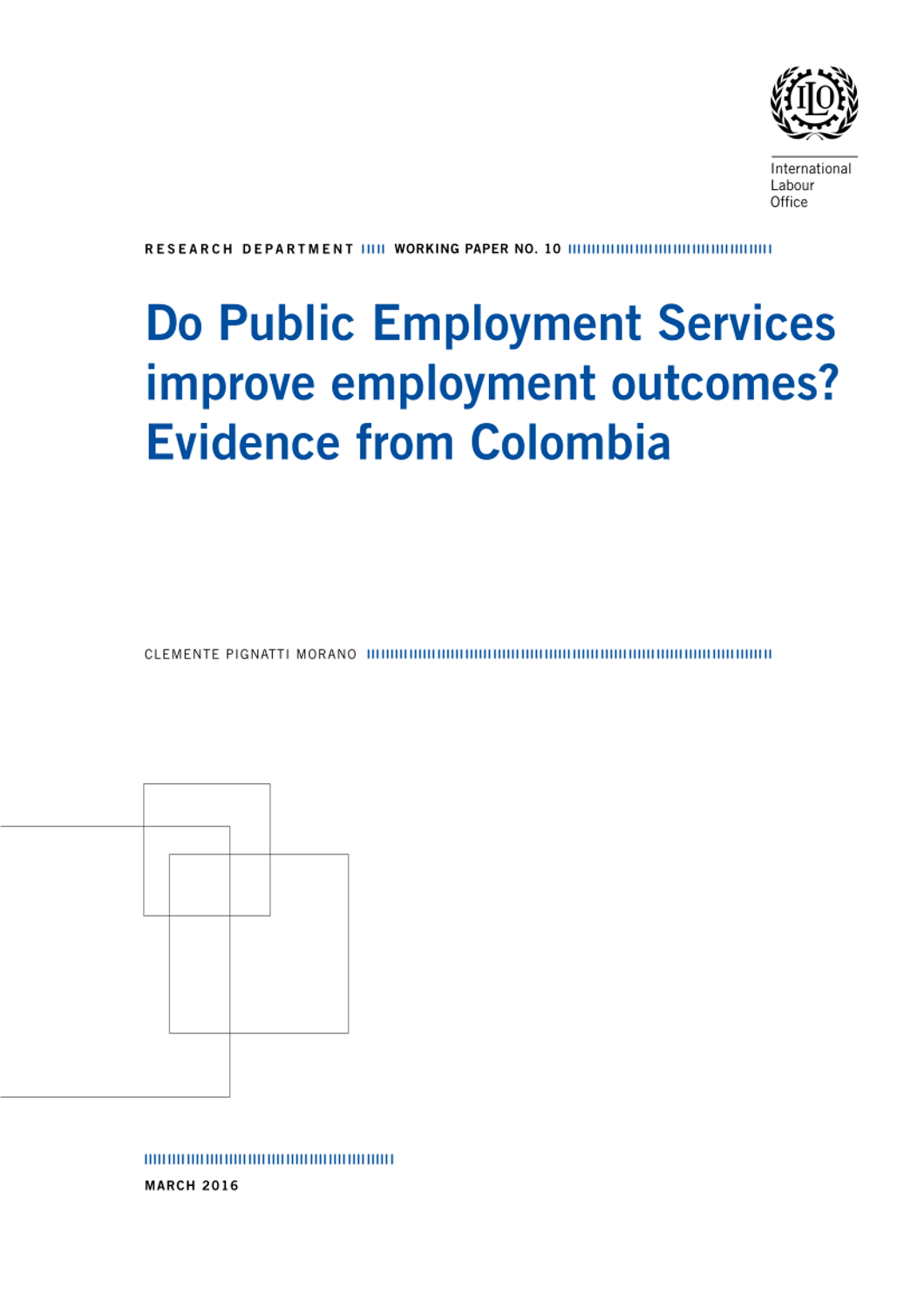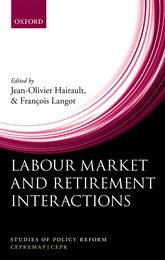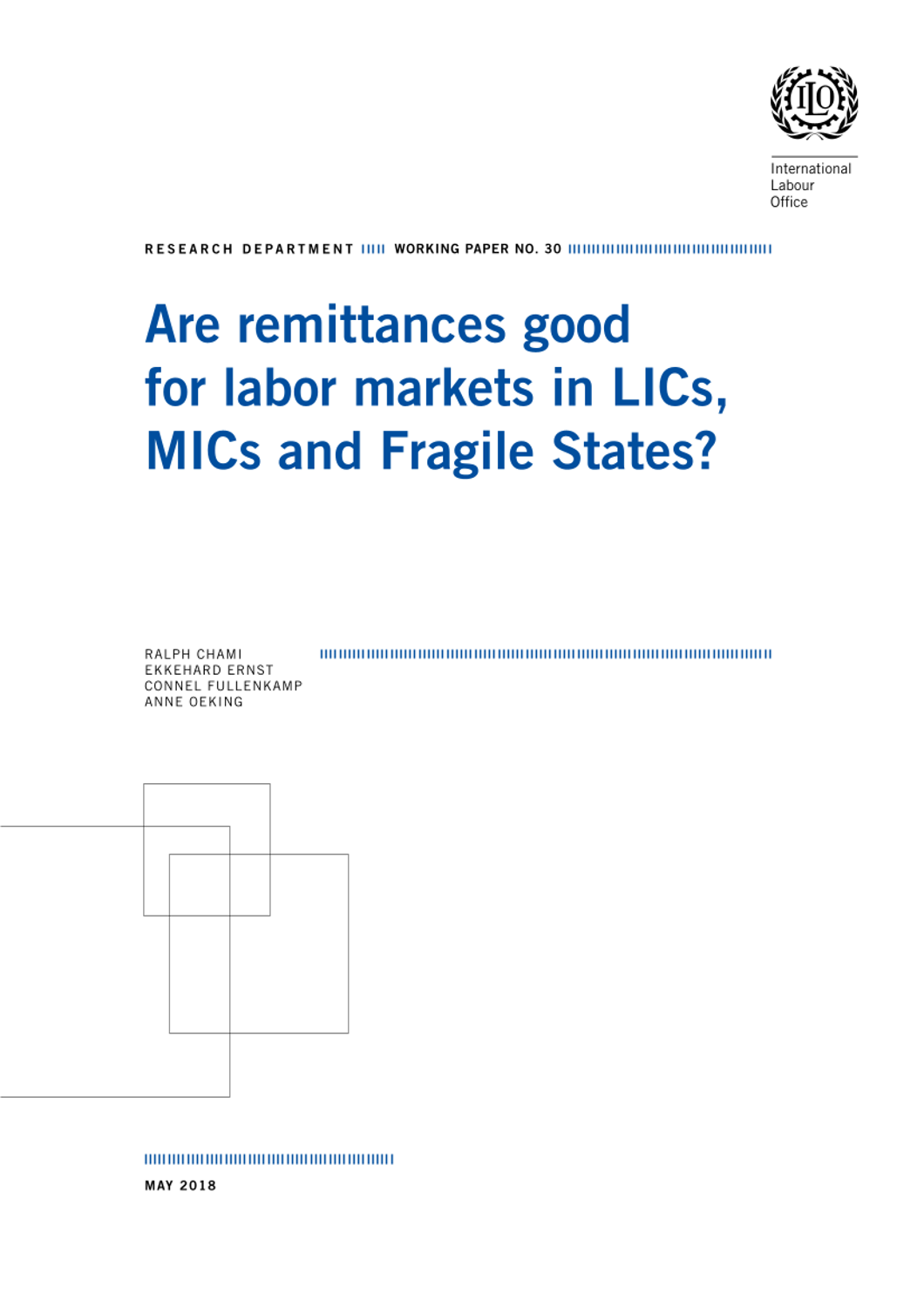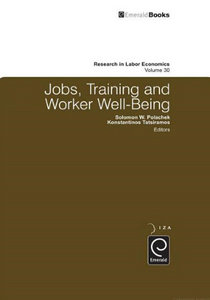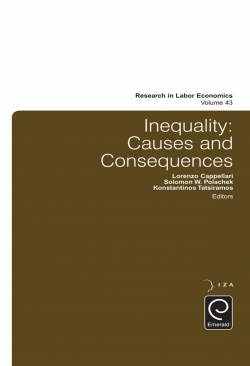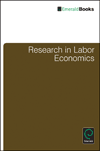
단행본Research in Labor Economics 21
(The) economics of skills obsolescence
- 청구기호
- 331.05 RES77 v.21(2002)
- 발행사항
- Amsterdam : Elsevier JAI, 2002
- 형태사항
- 273 p
- 서지주기
- Includes bibliographical references
- ISBN
- 9780762309603
- 분류기호
- 듀이십진분류법->331.05
소장정보
| 위치 | 등록번호 | 청구기호 / 출력 | 상태 | 반납예정일 |
|---|---|---|---|---|
이용 가능 (1) | ||||
| 한국노동연구원 | 00005692 | 대출가능 | - | |
이용 가능 (1)
- 등록번호
- 00005692
- 상태/반납예정일
- 대출가능
- -
- 위치/청구기호(출력)
- 한국노동연구원
책 소개
Increasingly policy makers are focusing on the importance of skills and lifelong learning. The reason for this is that workers with sufficient and up-to-date skills are more productive and have more potential to remain employed. However, the processes that influence skill obsolescence, have largely been neglected in labor economics. It was in the 1990s that skill issues came to the top of the agenda, because of the general awareness of the rapid technological developments that affect the demand for human capital. Although the analysis of skill-biased technological change is at the heart of this debate, in recent years, the literature has become wider than simple consideration of this aspect and has started to embrace other causes of obsolescence. The papers in this volume are selected from the papers presented at a conference on Understanding Skills Obsolescence. They advance both the theoretical and empirical understanding of the causes and the effects of skills obsolescence.
목차
1. The Economics of Skills Obsolescence: A Review = 1
2. When Do Skills Become Obsolete, and When Does it Matter? = 27
3. The Obsolescence of Skill = 51
4. Age and Schooling Vintage Effects on Earnings Profiles in Switzerland = 83
5. New Technologies, Skills Obsolescence, and Skill Complementarity = 101
6. Skills Obsolescence and Technological Progress: An Empirical Analysis of Expected Skill Shortages = 119
7. Do Older Workers Have More Trouble Using a Computer than Younger Workers? = 139
8. Non-Biased Technological Change and Growth = 175
9. Employability and the Costs of Organizing Work = 195
10. Skill Obsolescence and Wage Inequality Within Education Groups = 215
11. Economic Transformation and the Revaluation of Human Capital - Hungary, 1986-1999 = 235

